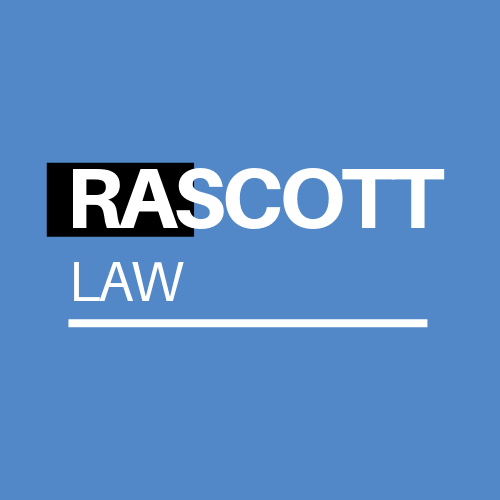Areas of Practice
FAMILY-BASED PETITIONS (PETICIONES PARA FAMILIARES INMEDIATOS)
These are visa petitions filed by U.S. citizens (USC) or by Legal Permanent Residents (LPR) on behalf of their immediate relatives (spouses, parents, children, siblings). For spouses, parents and children of USCs, an approved Petition makes a visa number immediately available and greatly shortens the process for obtaining a visa and entering the U.S.
VICTIMS OF CRIME/DOMESTIC VIOLENCE (LAS VICTIMAS DE LA CRIMEN/VIOLENCIA DOMESTICA)
The Violence Against Women Act (VAWA) created two ways for victims of various crimes (including domestic violence) to obtain lawful status leading to citizenship:
The U Visa: The U Visa is available to a victim of certain crimes (including domestic violence), who has information regarding the incident, and who is, was, or likely will be, helpful to the investigation or prosecution of that crime. The beneficiaries of this Petition can include some family members (both inside and outside the U.S.). If approved, the U Visa entitles the petitioner to lawful status (for 4 years), with eligibility to apply for Legal Permanent Resident status after 3 years.
Self-Petition: A victim of domestic abuse by a spouse, parent, or child who is USC or LPR can self-petition for an immigrant visa. This avoids the necessity of the abuser petitioning on behalf of the victim. Likewise, the parent of a child abused by that parent's USC or LPR spouse can also self-petition. If the abusive person is a USC, the victim may apply for LPR status concurrent with the filing of the self-petition.
Entitlements common to both the U Visa and the VAWA self-petition are:
Employment authorization;
Driver license;
Social Security card;
Various public benefits;
With either Petition, the United States Citizenship And Immigration Services (USCIS) is able to pardon nearly all immigration violations and grounds of inadmissibility. If approved, the applicant will not be required to leave the U.S. for consular processing.
CONSULAR PROCESSING (PROCESO CONSULAR)
Previously, a beneficiary of an approved family-based visa petition, who had been in the U.S. unlawfully, was required to return to the home country Consulate office in order to obtain the visa. Once there, the visa might have been denied because of the applicant's prior unlawful presence, or for some other reason. It would then have been required to file an Application for Waiver of Ground of Inadmissibility, which if granted (not guaranteed) would enable entry into the US. As of 03/04/13, an Application For Provisional Unlawful Presence Waiver can now be filed while remaining in the US. If granted, the applicant would then only need to return to the home country in order to pick up the visa.
APPLICATION FOR PERMANENT RESIDENCE (APLICACION PARA LA RESIDENCIA PERMANENTE)
If you are in the U.S. legally, and an immigrant visa number is immediately available to you based upon an approved immigrant petition, we can help you apply to change your status to that of Legal Permanent Resident. Also, as the spouse or child of a principle applicant, we can also apply for your LPR status.
SPOUSAL AND FIANCE VISAS (VISAS PARA CONYUGE Y PROETIDIO/A)
The K-1 and K-3 visas allow for the spouse or fiancé of a U.S. citizen to enter the U.S. quicker than via the traditional immigrant visa route, and then to remain in the U.S. while completing the immigration process.
NATURALIZATION (NATURALIZACIÓN):
If you have been a Legal Permanent Resident for the required time, we can help you obtain United States citizenship.

